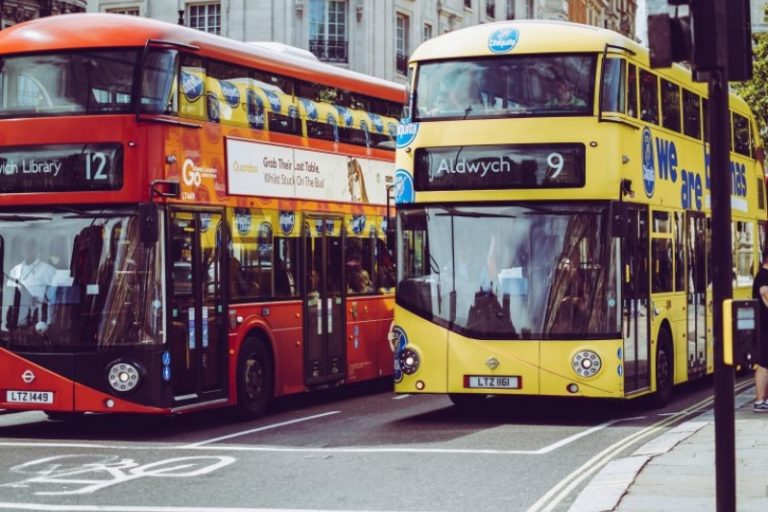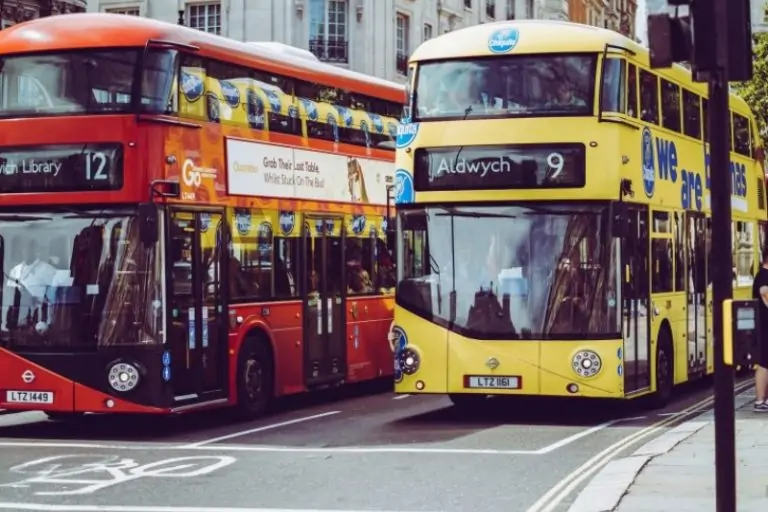

dakars 147m investment sparks africas first all electric bus network
In a monumental leap towards sustainable urban progress, Dakar Mobility, a pioneering Senegalese firm co-owned by Meridiam and the Sovereign Strategic Investment Fund of Senegal (FONSIS), has secured a groundbreaking €135 million in funding. This historic investment, the first of its kind in Sub-Saharan Africa, will pave the way for establishing a revolutionary 100% electric Bus Rapid Transit (BRT) system. The funding, contributed by Proparco, EAIF, PIDG TA, and the European Union (EU), marks a significant stride in the region’s commitment to eco-friendly urban transportation.
In its pursuit of an ambitious urban transportation overhaul, Dakar is addressing severe traffic congestion issues that contribute to road safety concerns, elevated air pollution levels, and substantial greenhouse gas emissions. Spearheaded by the Executive Council for Sustainable Urban Transport (CETUD), this visionary initiative seeks to mitigate these challenges through the implementation of a cutting-edge BRT system.
The upcoming Bus Rapid Transit (BRT) system will seamlessly connect the Petersen bus station in the Dakar Plateau to the Guédiawaye prefecture in the northern suburbs, spanning a total of 18.3 kilometers and featuring 23 stations. This network will boast a fleet of 121 electric buses, positioning it as a trailblazing initiative in Sub-Saharan Africa.
The Dakar BRT project is a testament to collaboration, with various funding sources ensuring its realization. A loan of €85.4 million, evenly split between Proparco and EAIF, forms the financial backbone. Additionally, a €6.4 million loan from these institutions is earmarked for future battery replacements after the buses complete their eight-year service period. The European Union is playing a pivotal role by contributing €7 million to this initiative. Facilitating approximately €9 million in grants, PIDG TA is a critical player in meeting the project’s financial requirements, while Meridiam and FONSIS are covering the remaining financial aspects.
The European Union‘s involvement in the Dakar BRT project aligns seamlessly with its Global Gateway strategy, emphasizing the creation of intelligent, clean, and secure networks in digital, energy, and transportation. This investment underscores the EU’s dedication to fostering sustainable and clean urban mobility solutions on a global scale.
Upon completion, the Dakar BRT project is poised to revolutionize transportation in the Dakar metropolitan area. Positioned as a primary mode of transportation, the initiative ambitiously aims to accommodate 300,000 passengers daily. This groundbreaking system is anticipated to significantly reduce travel durations, enabling commuters to traverse the distance between the two ends of the line in a mere 45 minutes – a substantial improvement from the current 90-minute journey.
The Dakar BRT project extends its impact beyond transportation efficiency, anticipating substantial contributions to the local economy and overall quality of life in Dakar. Dakar Mobility has committed to generating around 1,000 direct local jobs through this project, with a specific focus on enhancing job accessibility for women and providing opportunities for skill development in mass public transport for the youth.
The improved accessibility to peripheral areas of the Dakar basin is expected to create enhanced employment opportunities. “Dakar Mobility” introduces a social pricing strategy, slashing fares by up to 50% for the disadvantaged, making new opportunities more accessible through the BRT system.
Prioritizing inclusivity and safety, the project incorporates high-quality facilities at stations and in adjacent areas. These facilities encompass pedestrian provisions, public lighting along the BRT routes for increased security, bus spaces designed for wheelchair users, and seats reserved explicitly for those with limited mobility.
In tandem with reconfiguring existing bus routes, the Dakar BRT project adopts a comprehensive approach to urban transportation. Building on the success of the Regional Express Train (TER), launched in 2021, this initiative underscores the region’s commitment to sustainable transport.
Dakar stands as a pioneer by implementing a fully electric Bus Rapid Transit (BRT) system, marking a significant leap towards sustainable urban progress. This ambitious project, encompassing environmental preservation, economic advancement, and social welfare, is poised to revolutionize Dakar’s transport system. Its success holds the potential to serve as a model for sustainable urban transportation throughout Sub-Saharan Africa.
Canadian companies have expanded their presence as major African mining stakeholders and invested more than $37 billion. Africa holds the…
The South African government wants people to plant one million trees across the nation within a single day on September…
The government's statistics regulator showed that South African inflation stayed at 3.2% during February and rose below the projected 3.3%.…
Keywords: Cape Town, African Energy Chamber, Africa, The 2025 African Energy Week (AEW) will host the top energy leaders from…
Recent research shows that Professor Abdessamad Faik believes Africa is at an important energy choice point as renewable-powered hydrogen allows…
The United States plans to shut down its Johannesburg consulate after Sandton Drive gets renamed to Leila Khaled Drive even…
This website uses cookies.